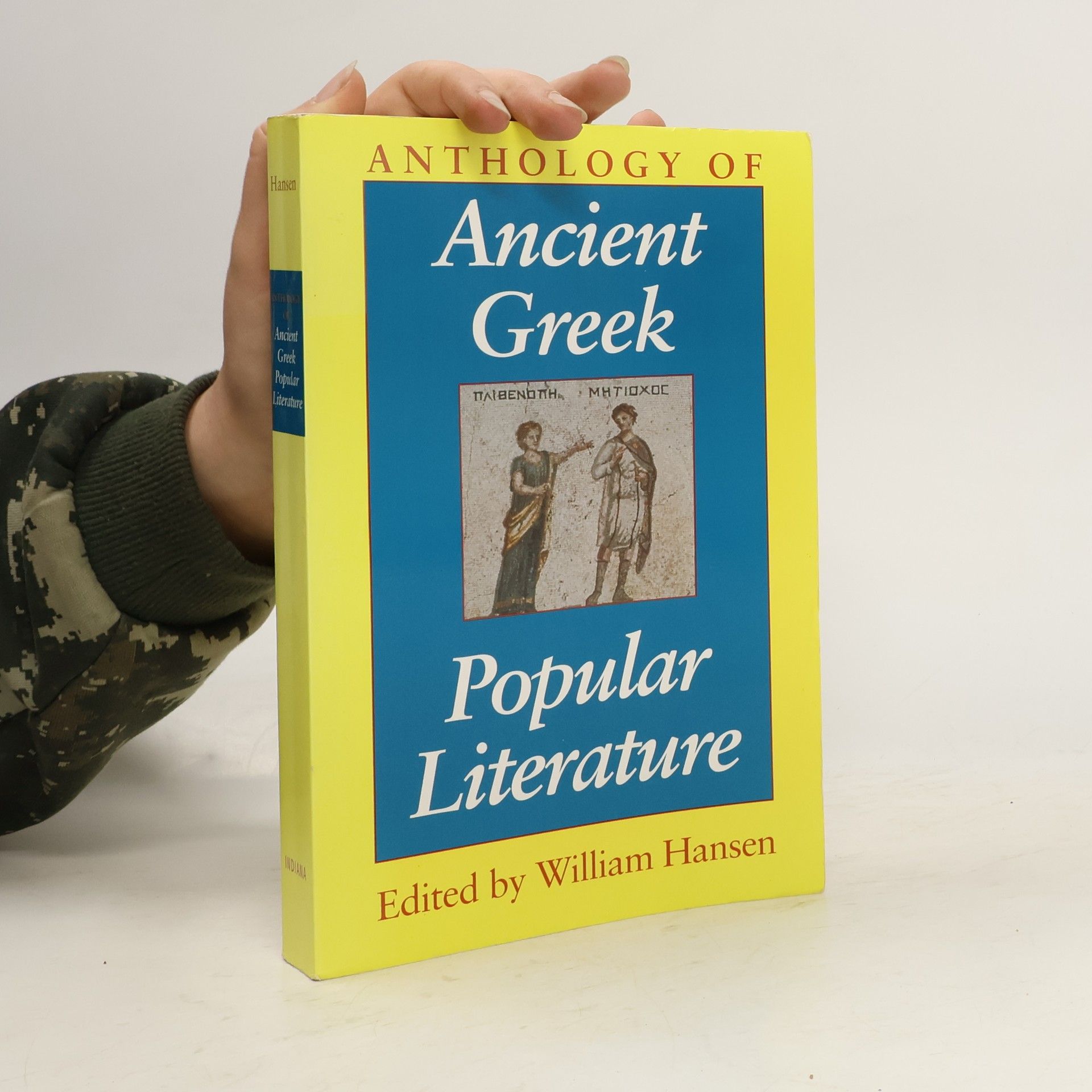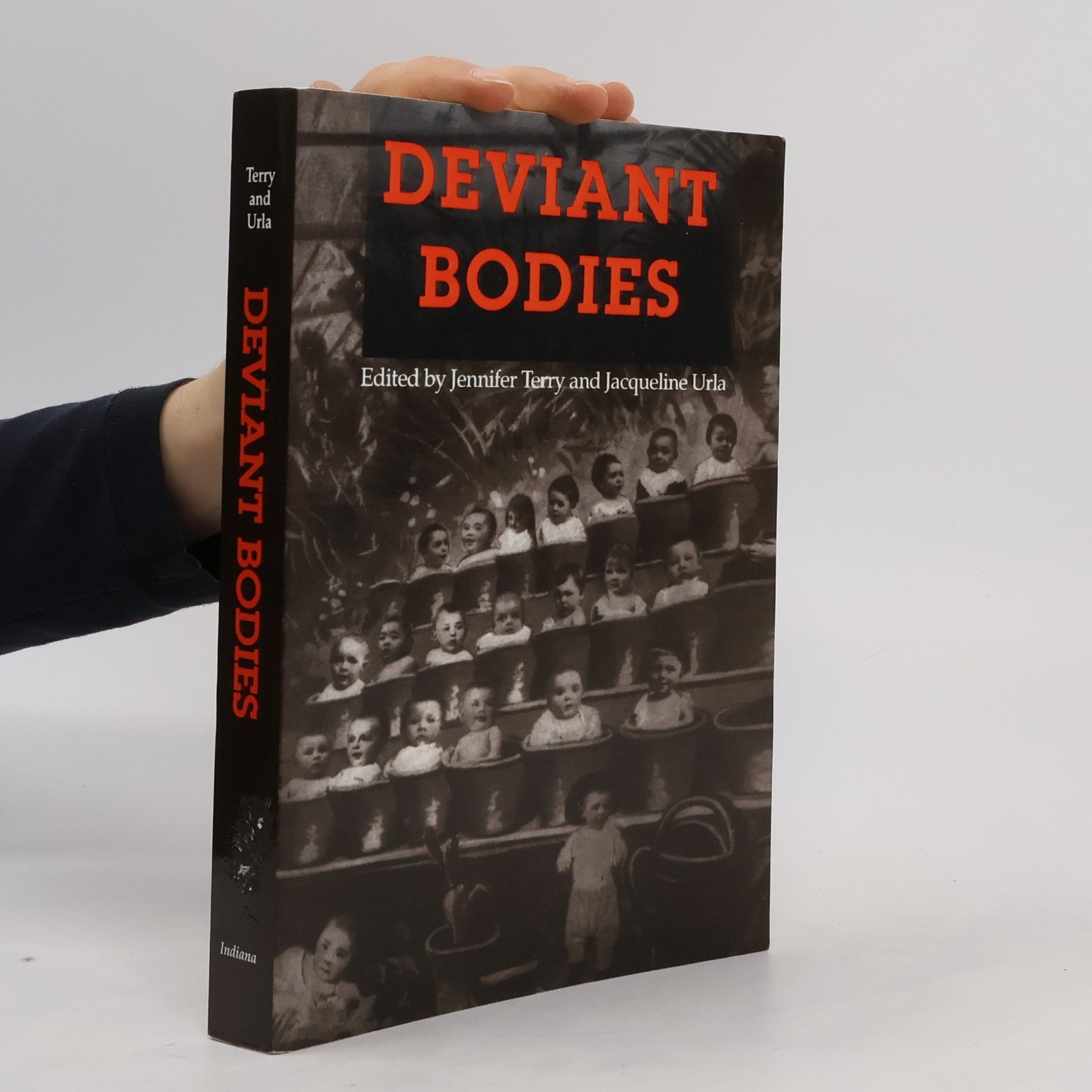Arab Masculinities provides a groundbreaking analysis of Arab men's lives in the precarious aftermath of the 2011 Arab uprisings. It challenges received wisdoms and entrenched stereotypes about Arab men, offering new understandings of rujula, or masculinity, across the Middle East and North Africa. The 10 individual chapters of the book foreground the voices and stories of Arab men as they face economic precarity, forced displacement, and new challenges to marriage and family life. Rich in ethnographic details, they illuminate how men develop alternative strategies of affective labor, how they attempt to care for themselves and their families within their local moral worlds, and what it means to be a good son, husband, father, and community member. Arab Masculinities sheds light on the most private spaces of Arab men's lives--offering stories that rarely enter the public realm. It is a pioneering volume that reflects the urgent need for new anthropological scholarship on men and masculinities in a changing Middle East.
Indiana University Press Books






From Street to Screen
- 272 pages
- 10 hours of reading
Charles Burnett's 1977 film Killer of Sheep is one of the towering classics of African American cinema. As a deliberate counterpoint to popular blaxploitation films of the period, it combines harsh images of the banality of everyday oppression with scenes of lyrical beauty, and depictions of stark realism with flights of comic fancy. From Street to Screen: Charles Burnett's Killer of Sheep is the first book-length collection dedicated to the film and designed to introduce viewers to this still relatively unknown masterpiece. Beginning life as Burnett's master's thesis project in 1973, and shot on a budget of $10,000, Killer of Sheep immediately became a cornerstone of the burgeoning movement in African American film that came to be known variously as the LA School or LA Rebellion. By bringing together a wide variety of material, this volume covers both the politics and aesthetics of the film as well as its deeper social and contextual histories. This expansive and incisive critical companion will serve equally as the perfect starting point and standard reference for all viewers, whether they are already familiar with the film or coming to it for the first time.
Race and Racism in Continental Philosophy
- 316 pages
- 12 hours of reading
Features 15 essays which explore the resources that continental philosophy brings to debates about contemporary race theory and investigate the racism of some of Europe's most important thinkers. This volume provides a critical introduction to various perspectives on thinking about race and racism.
Heidegger and the Greeks
- 194 pages
- 7 hours of reading
Martin Heidegger's reflection on Greek thought is recognized as a decisive feature of his philosophical development. This work sheds light on the issues raised by his encounter and engagement with the Greeks. It also sheds light on how core philosophical concepts such as phenomenology, existentialism, hermeneutics, and ethics are understood.
Exploring the history of eugenics in the U.S.
A lively anthology of ancient Greek popular literature.
Contending with Antisemitism in a Rapidly Changing Political Climate
- 440 pages
- 16 hours of reading
Today's highly fraught historical moment brings a resurgence of antisemitism. Antisemitic incidents of all kinds are on the rise across the world, including hate speech, the spread of neo-Nazi graffiti and other forms of verbal and written threats, the defacement of synagogues and Jewish cemeteries, and acts of murderous terror. Contending with Antisemitism in a Rapidly Changing Political Climate is an edited collection of 18 essays that address antisemitism in its new and resurgent forms. Against a backdrop of concerning political developments such as rising nationalism and illiberalism on the right, new forms of intolerance and anti-liberal movements on the left, and militant deeds and demands by Islamic extremists, the contributors to this timely and necessary volume seek to better understand and effectively contend with today's antisemitism.
Presents an argument that bodies are knowable only through culture and history; they are not in any simple way natural, nor free of relations of power. This book traces the construction of particular deviant bodies, including the homosexual body, the HIV-infected body, the infertile body, the deaf body, the colonized body, and the criminal body.
The United States Holocaust Memorial Museum Encyclopedia of Camps and Ghettos, 1933-1945, Volume IV
- 808 pages
- 29 hours of reading
The United States Holocaust Memorial Museum Encyclopedia of Camps and Ghettos, 1933-1945 provides essential information about various camps and detention facilities, detailing their establishment, administration, types of prisoners, labor performed, and living conditions. Each entry cites sources for further scholarly exploration. This work serves as a memorial, preserving the histories of locations where individuals suffered and perished. Volume IV focuses on a lesser-known aspect of the Nazi incarceration system: camps directly controlled by the German military, the Wehrmacht. It covers a range of facilities, including prisoner of war camps for enlisted men, officers, naval personnel, and airmen, as well as civilian internment and labor camps, work camps for Tunisian Jews, forced brothels, and prisons for Wehrmacht personnel. This volume not only uncovers numerous detention sites that have been largely overlooked but also contributes to dismantling the long-standing myth of the "clean Wehrmacht," which falsely claims that the German military was uninvolved in the Holocaust and other Nazi crimes.

